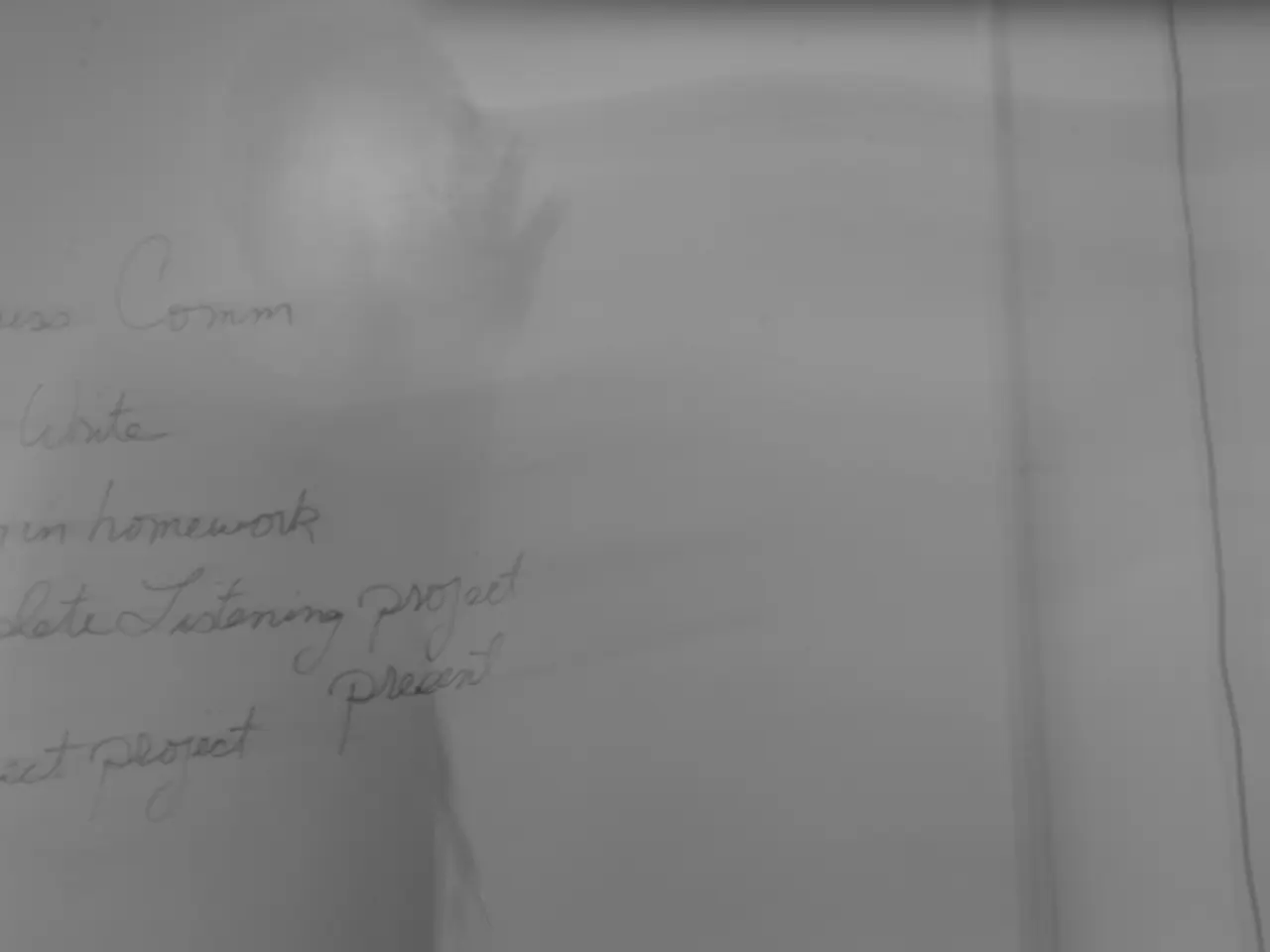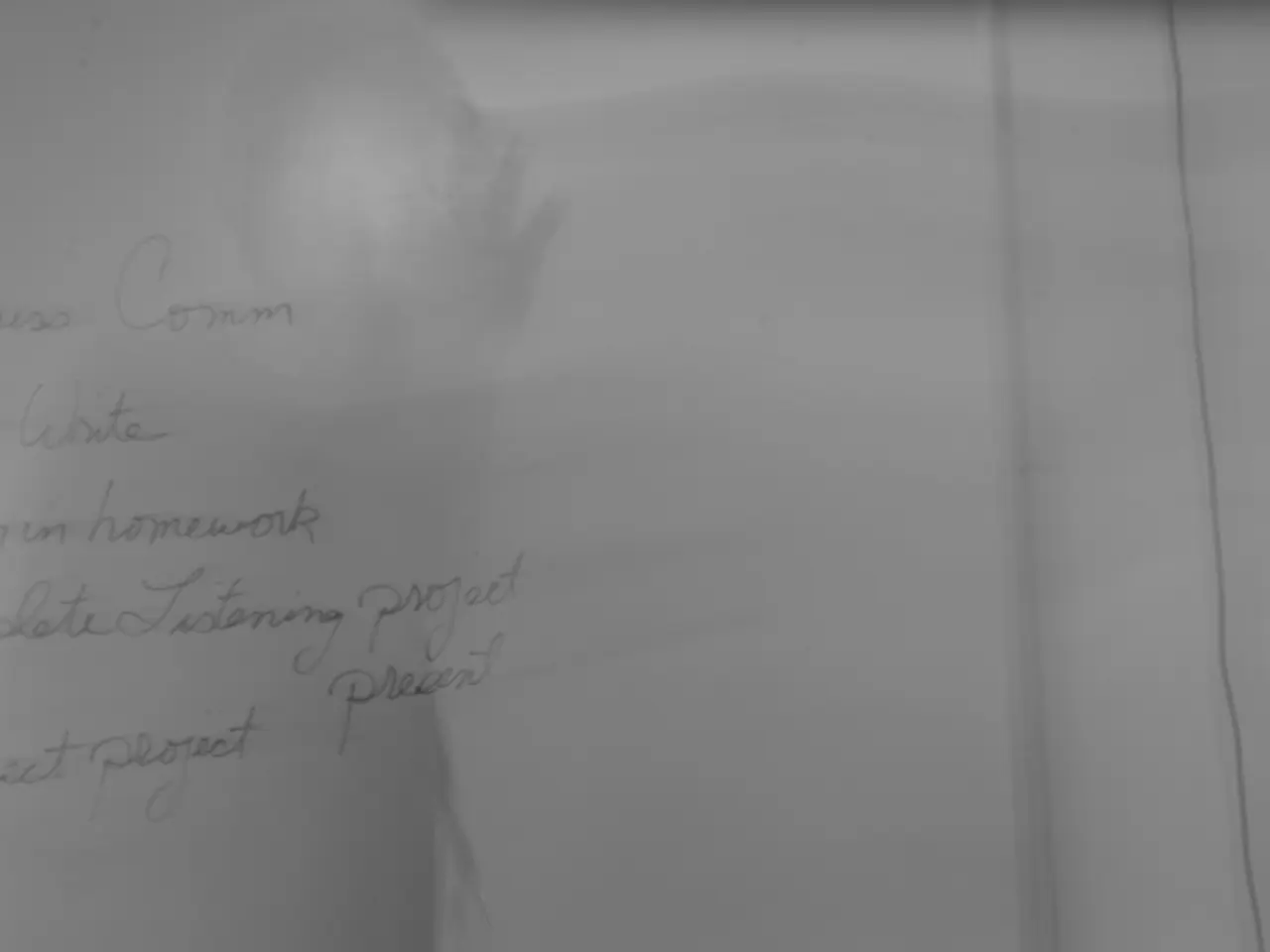"Europe and Italy streamline investments"
Tariffs Takeover: The Global Impact of 2025 US Trade Policies
Front and center in today's headlines, the US Administration's imposition of tariffs on various global economies is causing ripples worldwide.
To maintain a level head, it's imperative to analyze these measures in a calm, rational manner – understanding their roots, assessing the risks, and exploring possible solutions without resorting to injustice.
In an attempt to avoid political squabbles, let's revisit some high principles and experiences that exemplify the importance of free trade: the teachings of Carlo Cattaneo, a renowned advocate for free trade, and Count Camillo di Cavour, a visionary leading figure in 19th-century Italy.
Carlo Cattaneo (1801-1869) was a prominent respected philosopher, economist, and regional autonomy champion, who strongly advocated for free economic exchange, industrial development, and support for free trade. He considered it the bedrock for social progress, national unity, productivity, and innovation. Cattaneo was vehemently opposed to protectionism.
Count Camillo di Cavour (1810-1861), a political heavyweight instrumental in Italian unification, was also a champion of free trade policies. As Prime Minister of the Kingdom of Sardinia, Cavour pursued tariff reductions and trade liberalization in an effort to modernize the economy, attract investment, and integrate the Italian states.
Fast forward to 2025, the US tariffs have sent shivers down the spines of markets and populations alike, with fears of an imminent trade war.
At a press conference on April 2, President Trump presented a board highlighting the new US tariffs as retaliation for tariffs from multiple regions.
The escalating trade tension has left economists scrambling to predict the repercussions on growth, employment, and stability.
The OECD projects global growth to slow to 2.9% in 2025 and 2026, down from 3.3% in 2024 – a significant slowdown largely due to the US tariffs pushing effective US import tariffs to 15.4%, the highest since 1938. This steel-like grip on trade has had turbulent effects domestically and abroad, with US real GDP growth dropping by roughly 0.6 percentage points in 2025[3].
Consumers have experienced price increases and income loss, with unemployment rates rising by 0.3 percentage points and hundreds of thousands fewer employed as a result of the tariffs[3]. There has also been a mixed economic restructuring in the US, with manufacturing output trailing slightly, while crowding out other sectors like construction, agriculture, and mining[3].
The tit-for-tat tariff escalation has brought unprecedented uncertainty into global trade, devalued the US dollar, and raised questions about WTO compliance[2].
The 2025 US tariff policies mark a dramatic departure from the liberal trade ideals promoted by Cattaneo and Cavour – both of whom advocated for open markets as key drivers of economic development and political unity.
The historical case study serves as a sobering reminder that restrictive trade practices can lead to costly economic consequences and geopolitical uncertainty – a reality that resonates in today's global economic climate[1][2][3].
| Aspect | 2025 US Tariffs Impact | Historical Free Trade Perspective (Cattaneo & Cavour) ||---------------------|----------------------------------------|------------------------------------------------------------|| Economic Growth | Global and US growth slowed 0.3% | Advocated free trade as bedrock for growth, prosperity || Trade Policy | Tariffs increased to historic highs | Pursued tariff reductions for economic modernization and reconciliation || Sectoral Effects | Mixed impact with some crowding out | Focused on broad-based economic advancement and integration || Global Economic Stability | Increased uncertainty, trade war risk, currency impacts | Believed in peaceful economic cooperation to foster stability || Consumer Impact | Higher prices, income loss, job loss | Supported free trade as means to improve consumer welfare and employment |
Other finance analysts are scrutinizing the effects of the 2025 US tariffs on business and general-news, fearing potential economic instability that could stem from a prolonged trade war. In contrast, historical figures like Carlo Cattaneo and Count Camillo di Cavour championed free trade policies, advocating for open markets as key drivers of economic development, political unity, and consumer welfare.






